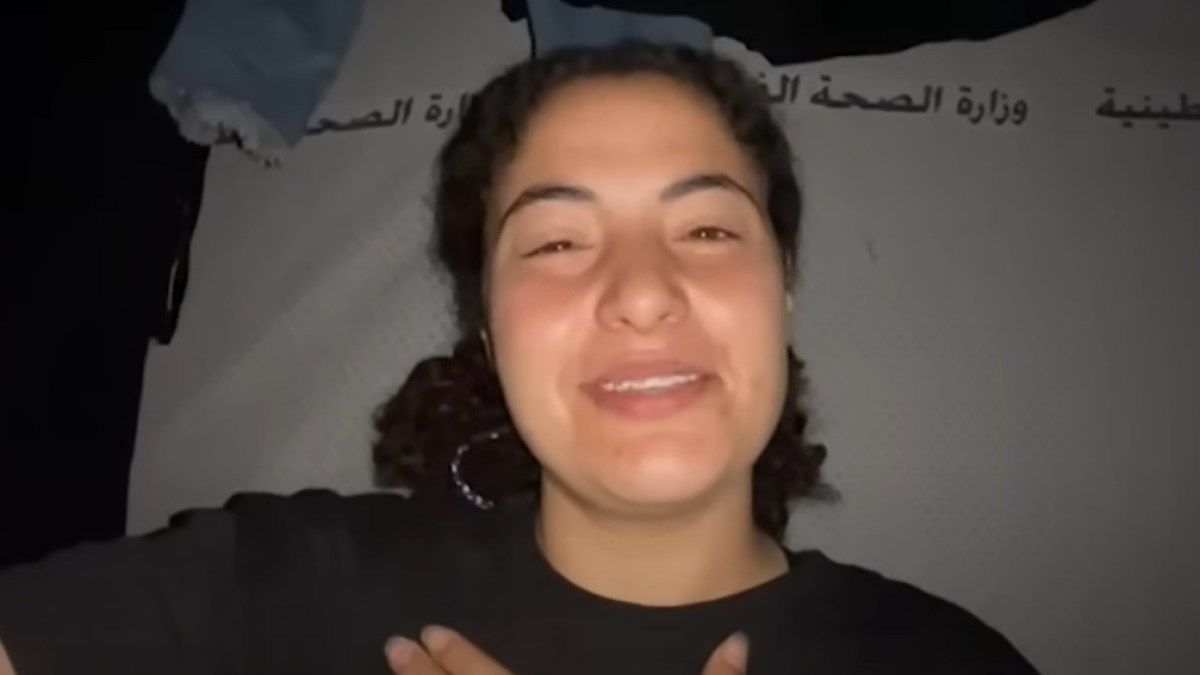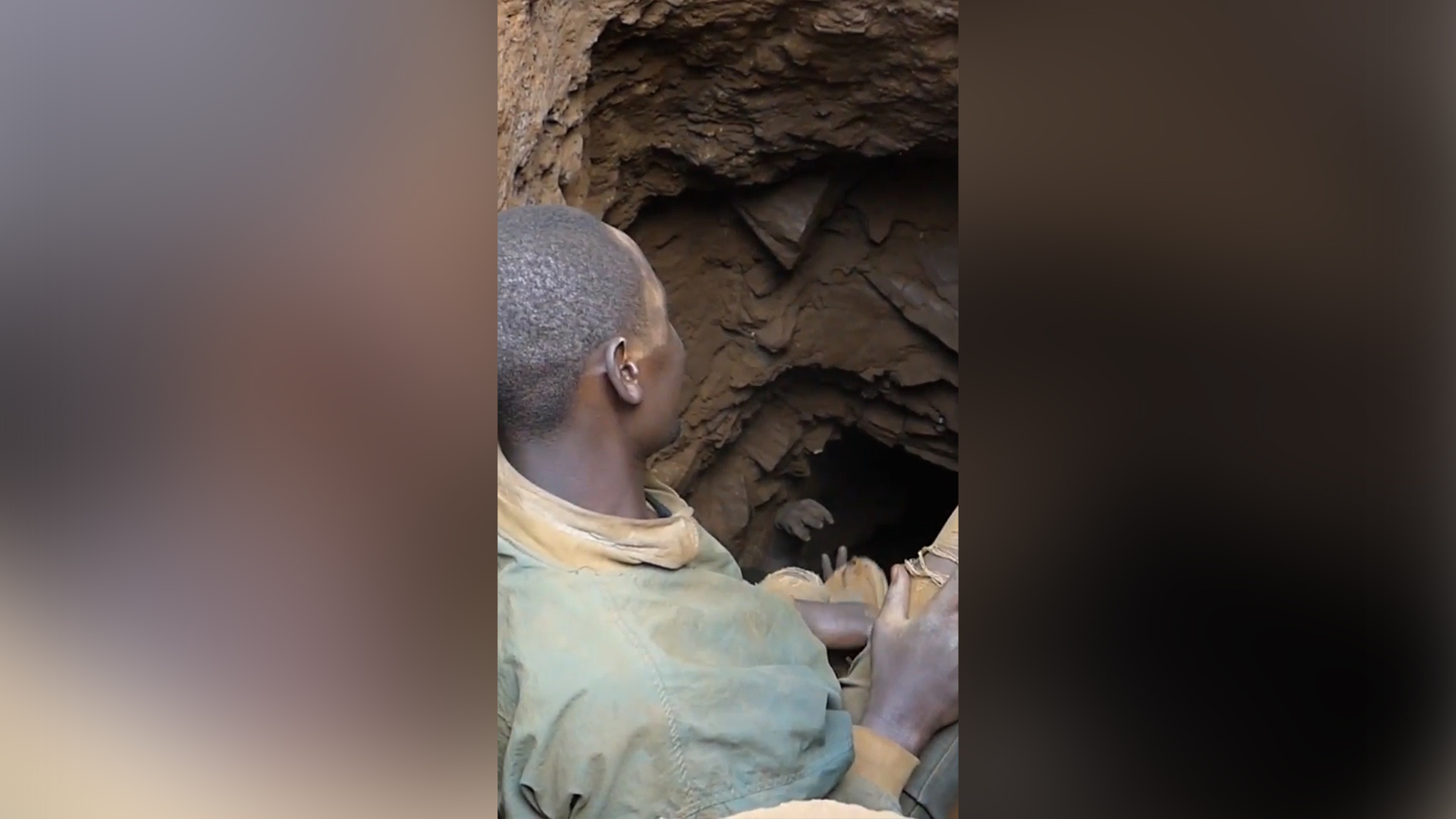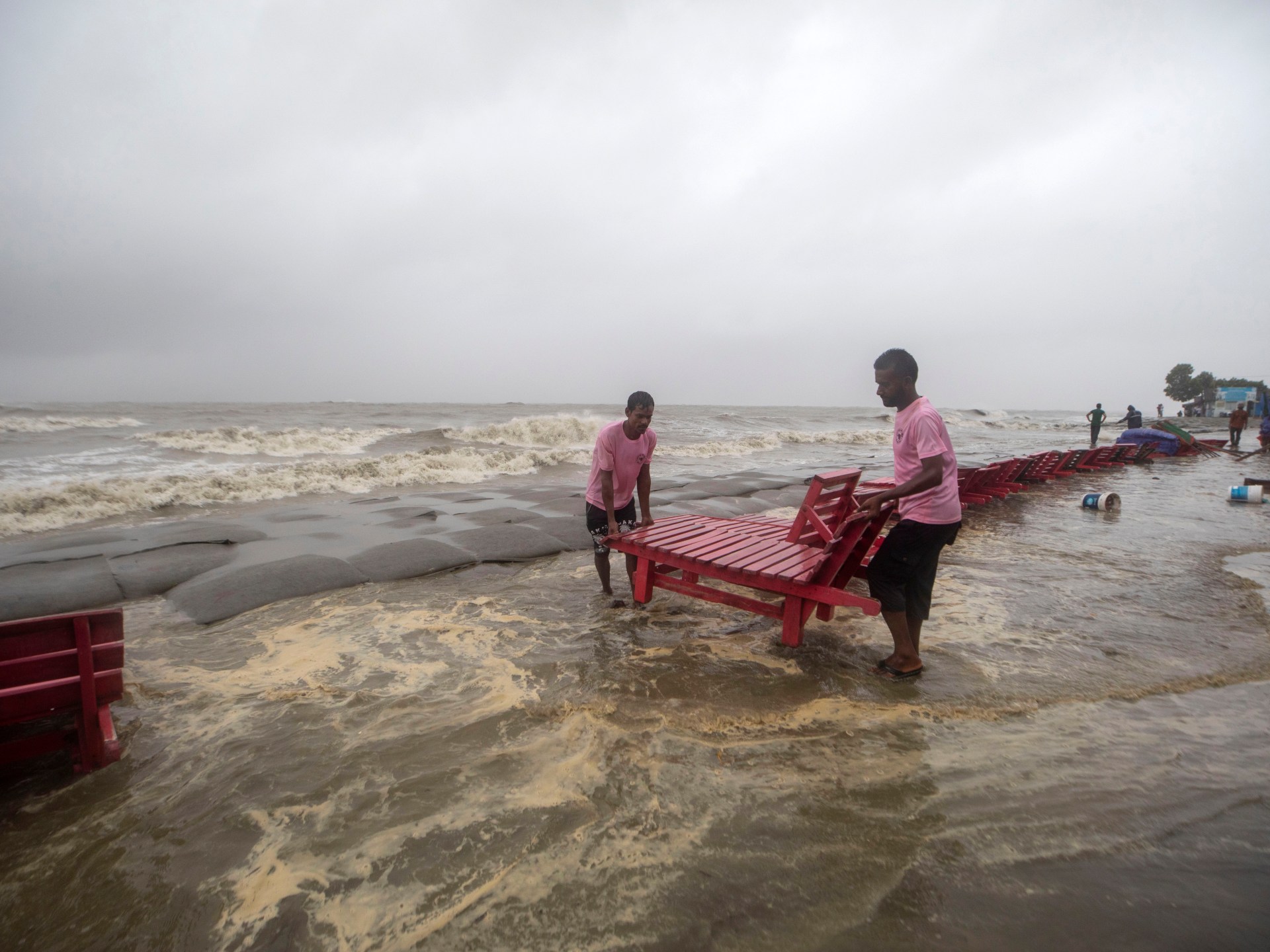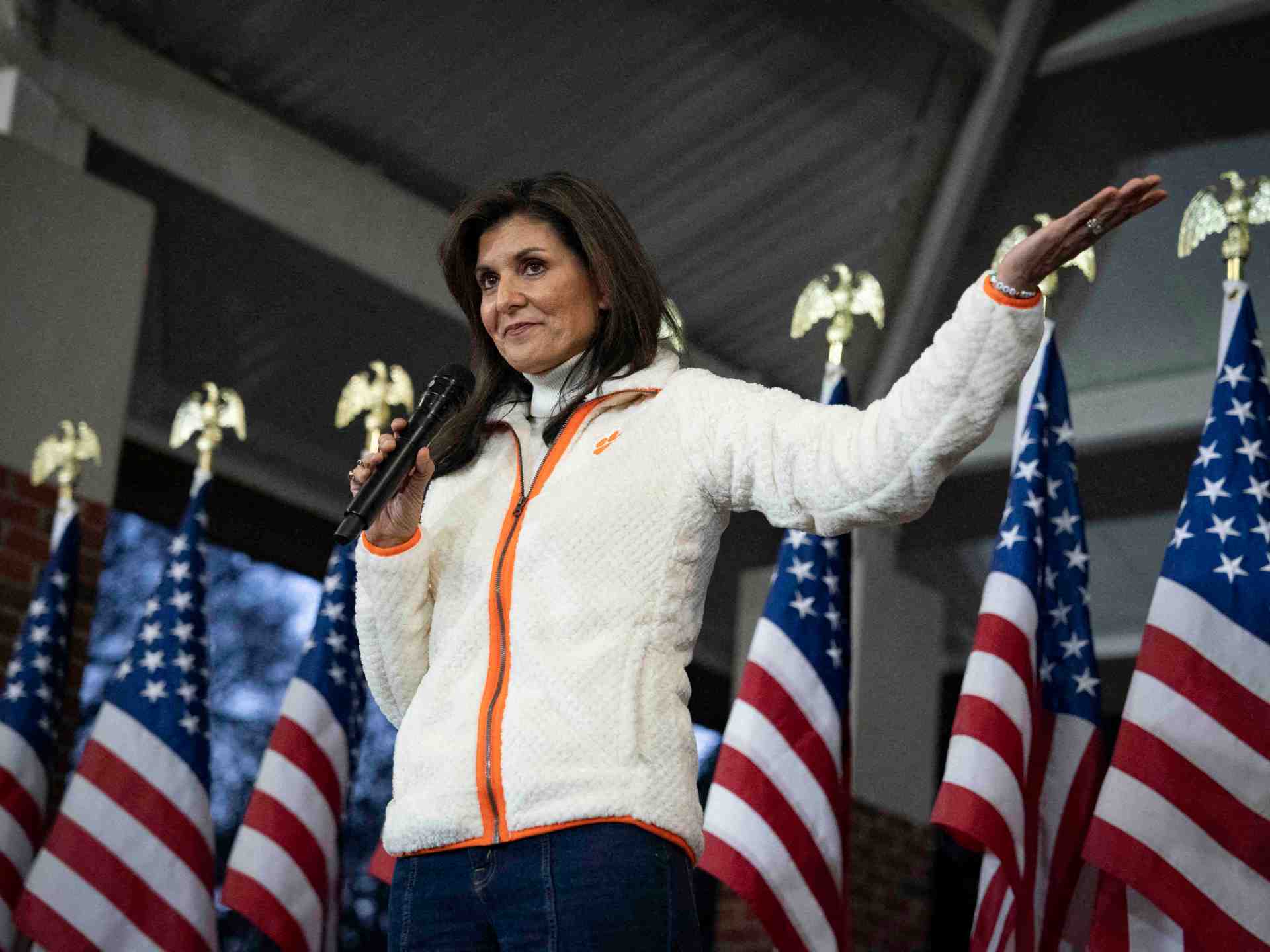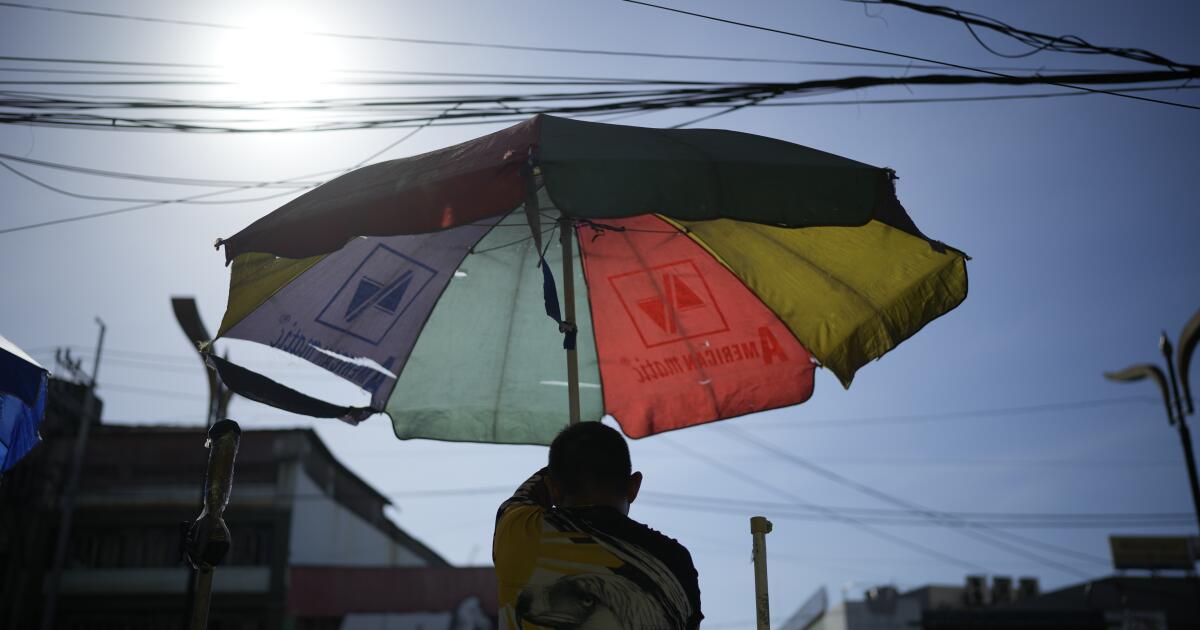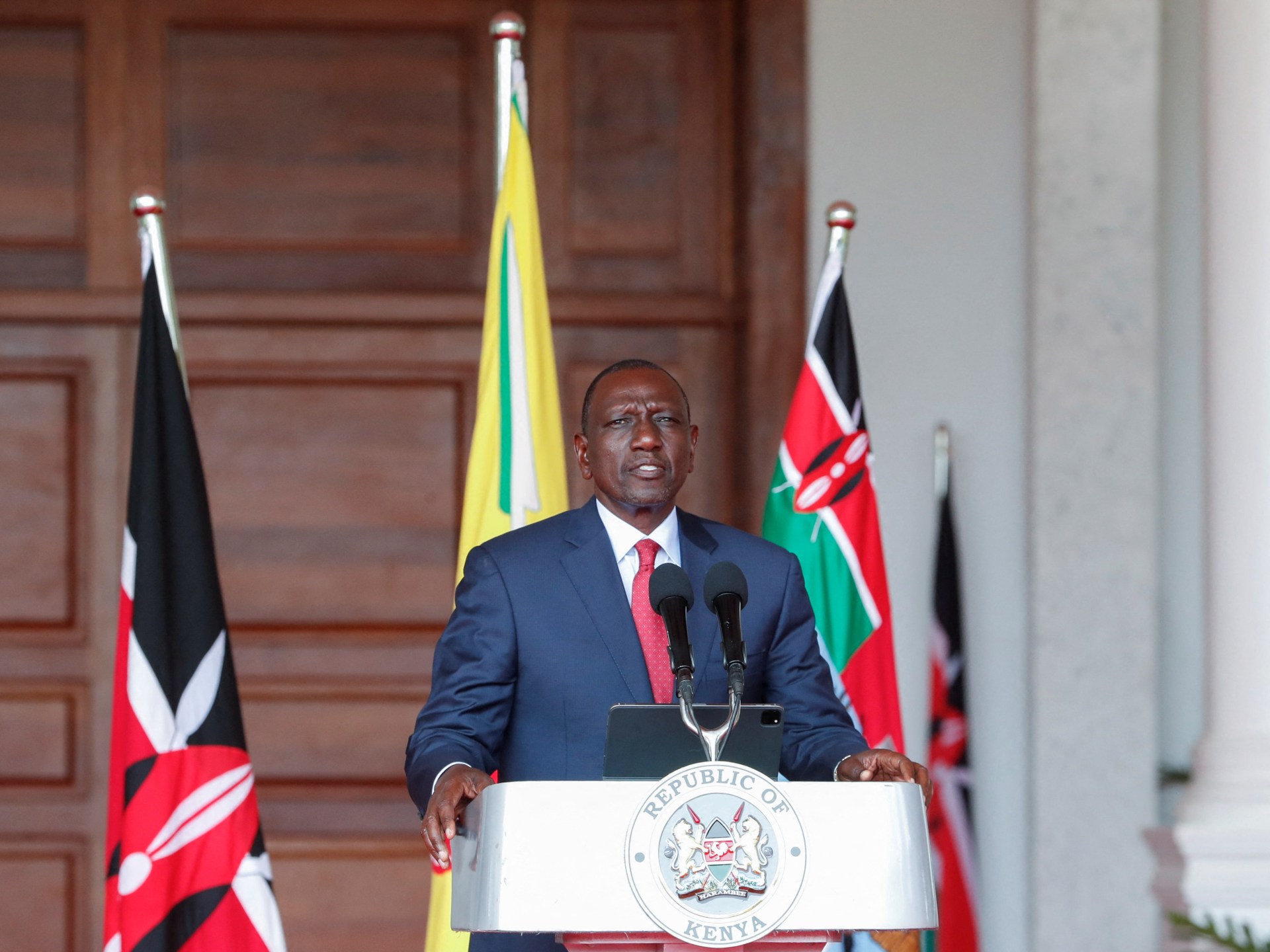Bisan Owda, a young Palestinian journalist, activist and filmmaker from Gaza, deserves the highest praise for the excellent work she has done over the past 11 months to expose the realities of Israel’s genocidal war against her people. From the beginning, she has been a reliable, informative and trustworthy voice on the ground in a conflict that has killed more journalists than any other in recent history.
At considerable personal risk, she reports on the plight of tens of thousands of children who have been orphaned in Gaza. She sheds light on the widespread destruction wrought by the advanced weaponry supplied to Israel by the Biden administration. Despite Israel’s efforts to conceal the truth, she shows the world how Palestine is suffering another Nakba.
I am therefore delighted that she has been nominated for an Emmy Award in the category of “Best Hard News Reporting” for the short documentary she made for AJ+ entitled “It's Bisan From Gaza and I'm Still Alive.” The poignant and incisive eight-minute documentary follows her journey as she is forced to leave her home in Gaza City and finds herself displaced on numerous occasions amid Israel's ongoing assault on the Strip.
Sadly, almost immediately after her nomination was announced, Israel's war crusaders – and their simultaneous attack on journalism – embarked on a campaign to prevent Owda from receiving the recognition she deserves for the exemplary work she managed to accomplish under the most difficult conditions.
First, an Israeli communications consultant accused Owda of being a member of the Popular Front for the Liberation of Palestine, a left-wing Palestinian political movement that several Western countries, including the United States, consider a “terrorist organization” — an accusation she denies. This led to prominent pro-Israeli social media accounts attacking her journalism as terrorist propaganda and condemning her Emmy nomination.
Accordingly, on August 20, the pro-Israel entertainment industry nonprofit Creative Community for Peace issued an open letter to the National Academy of Television Arts and Sciences (NATAS), the body responsible for the News and Documentary Emmy Awards, requesting that Owda’s nomination be retracted based on these allegations.
Fortunately, the academy stood by the decision to nominate Owda. Adam Sharp, president and CEO of NATAS, said his organization has seen no evidence that Owda has active ties to the PFLP. He noted that the award has a history of recognizing works that have been controversial, “in service of the journalistic mission of capturing every facet of the story.” He also noted that Owda’s work was selected for nomination by independent industry judges, and from among 50 submissions in one of the most competitive categories of the year.
The suggestion in the open letter that Owda has “ties to terrorism” and that her journalism should therefore not be recognised but dismissed as propaganda is absurd. For anyone who knows even a little about the history of the Palestinian people and the relentless abuse they suffered for decades under Israeli occupation, it is clear that, like many others before her, Owda is being attacked for reminding the world of the humanity of the Palestinian people and exposing the truth about Israel’s brutal ethnic cleansing operation.
Israeli narratives, which portray Palestinians as inherently violent and irrational beings, as anti-Semitic savages who attack benevolent and civilized Israel for no reason, have dominated the mainstream media unchallenged for so long that they have become an accepted reality. As many media outlets almost never give Palestinians a platform to speak about their reality under Israeli occupation, the humanity of an entire people has been erased in the eyes of the international community, with devastating consequences.
Recently, the advent of social media and the rise of media voices from the Global South, such as Al Jazeera, have begun to disrupt this sad status quo.
Since the beginning of this latest and most violent chapter of the Israeli genocide against the Palestinian people, honest, forthright and courageous Palestinian voices like Owda's have broken the mold of a media landscape that was once tightly controlled and routinely biased toward colonial narratives.
His work, marked by raw intensity and immense emotional debt, reached people around the world and exposed many of them to the painful reality of being a Palestinian in Gaza for the first time. Indeed, many Africans like myself, who for too long relied on biased Western media reporting to understand the so-called “Middle East conflict,” found Owda’s authentic account of Palestinian reality both informative and refreshing.
In a media landscape where Israeli military spokesmen have the first and last word on news of the genocide they are committing, where Palestinians who have lost dozens of family members to Israeli bombing are forced to condemn any attempt at resistance in order to speak about their loss, where Palestinians inexplicably “die” but Israelis are “killed” and “slaughtered,” voices like Owda’s should be appreciated, honored and protected at all costs.
From Israel’s very beginning, Western media has been complicit in its crimes against Palestinians. In particular, the British and American mainstream media, which for decades had a monopoly on deciding what is accepted as “truth” about Israel and Palestine, helped Israel legitimize its violence and land theft by promoting narratives that dehumanize Palestinians.
But now that Owda and other brave Palestinian journalists like her can reach large audiences, these organizations have lost the power to act as the sole arbiter of truth about Israel and Palestine. Israel can no longer silence Palestinian voices and force the world to accept Israeli narratives as the indisputable truth of the conflict.
Owda, at just 25, has made far more significant contributions to journalism and to the global understanding of the Palestinian conflict in the past 10 months than seasoned Western journalists parroting Israeli arguments have made in many decades.
Owda's reports are neither dramatic nor exciting; they do not descend into colorful sensationalism. Rather, they present the stark realities of Palestinian existence, imbued with the inevitability of profound suffering, anguish and death. These accounts are unvarnished reflections of a people and a land devastated by Israel, revealing the depths of human failure and Western moral corruption.
Through her short films, Owda reveals how more than 40,000 Palestinians, mostly innocent women and children, have not suddenly “lost their lives” in the midst of a “conflict” between “Israel and Hamas,” but have been brutally murdered by an occupying military force armed with state-of-the-art weapons provided by Western powers. Owda conveys the stories of the dead, reminding the world of their humanity and the humanity of the Palestinians who have so far survived this genocide.
This is what journalism does at its best. This is what journalism is for. And this is why I wholeheartedly support Owda winning an Emmy on September 15. I know that Owda does not do what she does to win Western awards. I know that her work will still be just as valuable and noteworthy even if she never wins another major award or prize. But if she does win, it will still be a slap in the face to those who, like the signatories of the open letter to NATAS, want Israel to continue to shape the narrative of this “conflict” on its own. It will show that the work of Palestinian journalists cannot be ignored and that the truth of Palestine – and this genocide – will not remain hidden.
The views expressed in this article are those of the author and do not necessarily reflect the editorial stance of Al Jazeera.

